Afro Fusion Sharqi Danceᵀᴹ
What is Afro Fusion Sharqi Dance?
Foremost, Afro Fusion Sharqi Danceᵀᴹ is a fusion dance style. It is an amalgamation of different dance styles from Africa such as folklore, traditional and urban dance. It is a blend of dance movements from Africa and the professional stage performances concept from Egypt, known as Raqs Sharqi. We have designed this dance style to highlight and connect the diversity and similarities that exist within the various dance styles and cultures from Africa.
Why Afro Fusion?
The term “Afro” is used to showcase the fact that this dance style is centered around African different cultures and all the dances, rhythms, and diversity that exist within the continent. The term “Fusion” describes the fact that we have combined a variety of dance styles instead of focusing on the style of one specific African country.
What does Sharqi mean?
Beginning with the Arabic word Raqs; the translation can be understood as “dance”, but there is also the word Racks (derived from Assyrian Rakkadu) which means “celebrate”. What are we to dance/celebrate for? The word Raqs should be combined with other words, for example, Raqs Baladi (translated to English would be Folk Dance) or Raqs Sa’idi. On the other hand, there is the Arabic word Sharqi which translated to English means “Oriental”, “Orient”, and “East”. Putting together Raqs and Sharqi in English would interpret as “Oriental Dance” “Dance from the East” or “Eastern Dances”. Now, two problems arise with this process of translation. The first problem is that calling it Oriental Dance in the Western world is too vague. It could mean Chinese, Japanese, or even Indian Dance. For some people, unfortunately, Oriental is associated with Asia culture. The second problem is that when translated into its own language, the real name of the dance and its meaning are lost in the process. There are dances in other countries that do not translate to English correctly. For example, Flamenco, Sevilhanas, Bharat Natyam, Odissi, Kathak, and more. To avoid misunderstanding translations or misinterpretations and in the name of people’s culture I decided to use the Arabic word people of the country use which, in this case, is Sharqi.
During my research, I notice that Raqs Sharqi for Egyptian People means the Professional Presentation or Performance of their dances.
Through our passion for dances in Africa, we strive to inspire our students and encourage them to research and educate themselves on the various forms of dance styles from Africa, such as folkloric, urban or traditional. We are excited to get others started on a lifelong journey and love for dance. Afro Fusion Sharqi Danceᵀᴹ will provide dancers the tools and principles that will help guide their path with respect, honesty, integrity and honour for the culture, history and traditions of dances from Africa.
Before using a specific dance, movement, music, jewelry or accessory we want our students to ensure they are comfortable and well-educated in that area. Prior to making any decisions we encourage our students to take time to do research and learn about the cultural significance of what they are doing. Respect is at the forefront of everything we do. We choose elements not just because we like them, but because we want to honour African traditions and history while discovering our own path. Through dance teachers will instill good values in their students and performers will build respect with audience members.
We aspire to see more people adopt this dance style and gain awareness of the origins, purpose and roots of the different African cultures that this style of dance is derived from. We aim to help others embrace this style of dance with complete understanding, respect, honesty, integrity and honour. Through Afro Fusion Sharqi Danceᵀᴹ we will elevate dances from Africa to such a respectful level that anyone who wishes to perform anything related to them would feel obliged to study and/ or travel to Africa and learn with the masters.







